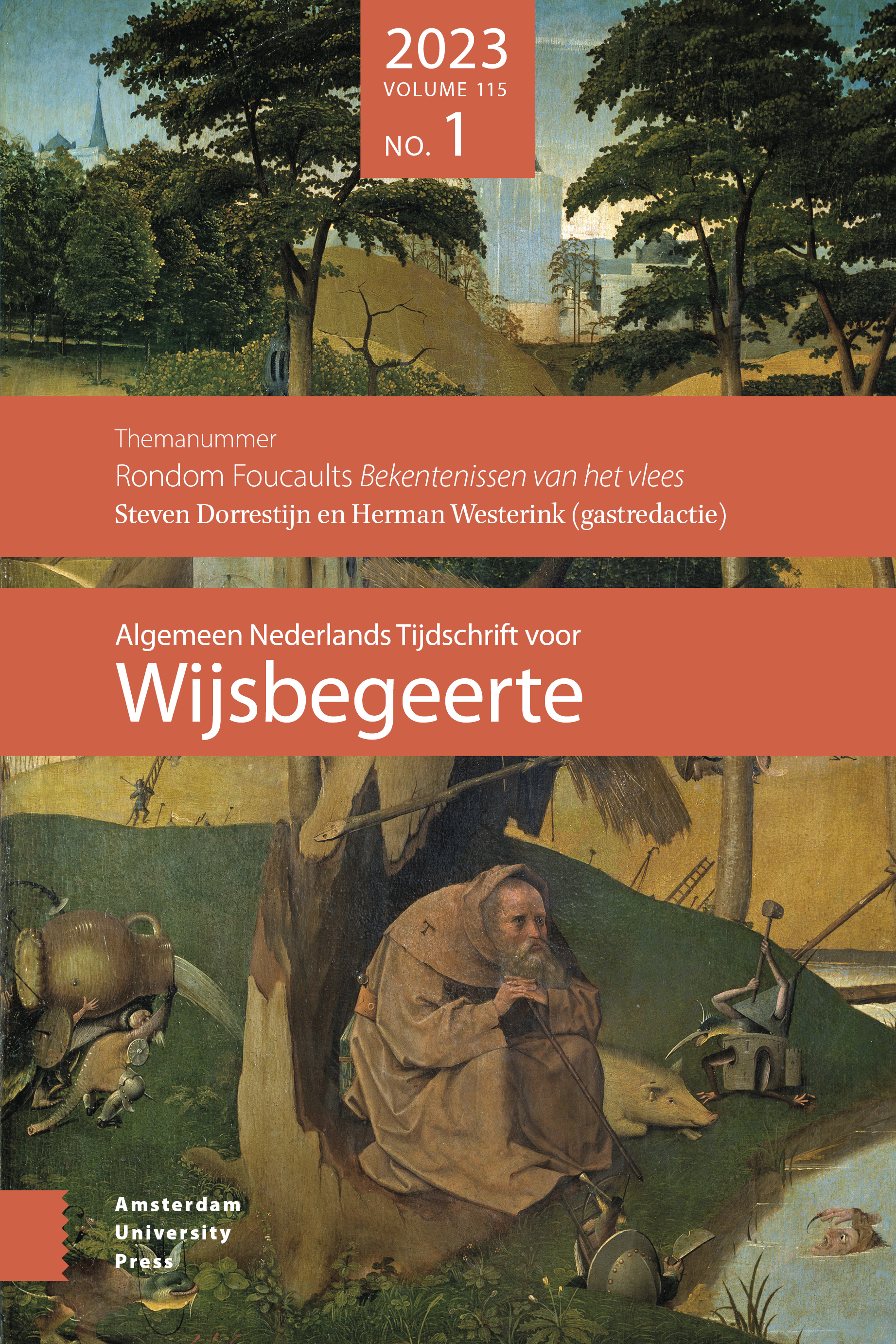-
oa A praise of pain
Thomas More’s anti-utopianism
- Amsterdam University Press
- Source: Algemeen Nederlands Tijdschrift voor Wijsbegeerte, Volume 108, Issue 3, Aug 2016, p. 275 - 319
Abstract
In his incarnation as ‘Morus’ in Utopia, Thomas More asserts his profound disagreement with his fictional character, Raphael Hythlodaeus. Whereas Hythlodaeus extols the merits of commonality and the moral value of pleasure, Morus dismisses the whole project as absurdity, or hopeless wishful thinking. This divergence has been variously interpreted, but mostly played down. This paper argues that the civilized, amicable, and yet genuine discord between Raphael Hythlodaeus and Morus is the key to Utopia. We can appreciate its importance only if we understand who Hythlodaeus is, and what the purpose of the dialogue is. We also have to do justice to Thomas More’s politics, which were grounded on the authority of the Christian tradition, in the Old and the New Testament. Over the years, Thomas More maintained a very clear and consistent line of thought on the legitimacy of worldly wealth, the responsibilities inherent in its management, the imperative to curb their enjoyment, the temptation of ‘business’ and greed, the duty of charity, and the value of penance, remorse, prayer, and other kinds of self-inflicted suffering. In A Dialogue of Comfort against Tribulation, Anthony, the wiser character, conveys Thomas More’s relentless praise of pain. Anthony has the last word. So, too, does Morus.


